The Anatomy of a Shingle Roof in Texas: Understanding Basic Terms & Parts
- William Martin
- May 8, 2025
- 7 min read

When it comes to protecting your home, few components are as vital as your roof. A well-installed shingle roof not only safeguards against the elements but also enhances curb appeal and increases your property value. Whether you're a homeowner looking to understand your roof better, or you're preparing for a replacement or repair, understanding the basic anatomy of a shingle roof is key. In this comprehensive guide, we’ll break down the main components of a shingle roof, explain essential roofing terminology, and show why Martin Roofing and Solar is the top roofing company in Houston and Austin.
Components of a Shingle Roof
A standard asphalt shingle roof is made up of several key layers and materials, each with a specific function. Together, these elements form a system designed to protect your home from water, wind, and weather damage.
1. Roof Decking
The decking, or sheathing, is the base layer of the roof. Typically made from plywood or OSB (oriented strand board), it provides a solid foundation for the roofing system. It's the wood your roof is actually nailed into. At Martin Roofing and Solar, we typically only replace decking if it’s rotted. However, if you know your decking is old and/or has been re-roofed multiple times it may be worth it to make the larger investment to get your roof re-decked as well! Ensuring a solid deck is critical to supporting the rest of the roofing system.
2. Synthetic Underlayment
The underlayment is a moisture barrier installed directly over the decking and under the shingles. We prefer using synthetic underlayment because it is far superior to traditional felt paper. Synthetic underlayment is more durable, lighter, tear-resistant, and provides better water resistance. It’s also safer for installers due to its slip-resistant surface.
3. Drip Edge
Drip edge is a metal flashing installed along the edges of the roof. It directs water away from the fascia and into the gutters, protecting your decking and fascia from rot. It also gives the roof a finished, polished appearance.
4. Roof Vents
Proper attic ventilation is critical to a healthy roofing system. Common types of vents include:
4-way (box) vents: These are static vents that allow hot air to escape from the attic.
Ridge vents: Installed along the ridge (peak) of the roof, these provide continuous airflow and are often used in conjunction with soffit vents for optimal ventilation. Good ventilation prevents moisture buildup, reduces attic heat, and extends the lifespan of your roof.
5. Hip and Ridge Caps
These are special shingles designed to cover the hips and ridges of your roof. They add an extra layer of protection and enhance aesthetics by creating clean, defined roof lines. Hip and ridge caps are more durable than regular shingles and are shaped to fit over the peaks and joints.
6. Starter Shingles
Starter shingles are the first row of shingles installed along the eaves and rakes. They are essential for sealing the edges and preventing water infiltration under the shingle courses. Without starter shingles, wind and rain can easily damage your roof’s edge.
7. Ice and Water Shield / Valley Metal
Valleys are some of the most vulnerable areas of a roof, where two roof planes meet and water naturally channels. We install ice and water shield or valley metal flashing to provide extra protection in these high-risk areas. Ice and water shield is a self-adhering membrane that creates a watertight barrier. Valley metal is a galvanized or aluminum strip that allows water to run off efficiently.
8. Pipe Jacks
Pipe jacks (or plumbing vent boots) are installed around vent pipes protruding through the roof. They consist of a rubber or metal boot that seals around the pipe and a flashing base that prevents leaks. Over time, these can wear out and should be inspected regularly. They also can be one of the biggest cause of leaks if not occasionally resealed.
9. Flashing
Flashing is a critical component used anywhere the roof intersects with vertical structures (like chimneys, skylights, or walls). It prevents water from seeping into those junctions. Flashing is typically made of metal and is sealed with roofing cement or high-quality sealant.
10. Sealant
Sealant is used around flashing, pipe jacks, and other penetrations to ensure watertight integrity. High-grade roofing sealants can withstand extreme temperatures and UV exposure and are essential for long-lasting protection. This should be a maintenance item as many roof parts need to be resealed over time!
11. Shingles
Of course, the visible outer layer of the roof consists of asphalt shingles, which come in a variety of styles and colors. Architectural (or dimensional) shingles are thicker and more durable than basic 3-tab shingles, and they offer better curb appeal and longevity. Read all about shingles here.
Roofing Terminology Explained
Understanding roofing terminology helps homeowners communicate clearly with contractors and better understand estimates and inspections. Here are the essential terms:
1. Roofing Square
A square is a standard unit of measurement in roofing. One square equals 100 square feet of roofing material. For example, a 2,000-square-foot roof may require about 20 squares of shingles, plus extra for waste and ridges.
2. Face (or Slope) of a Roof
The face or slope of a roof refers to each individual surface or side of the roof. Slopes are measured in rise over run (e.g., 4:12 slope means the roof rises 4 inches for every 12 inches horizontally).
3. Roof Hip
A hip is the external angle formed where two roof planes meet. Hip roofs are sloped on all four sides and typically have ridge caps running along the hips.
4. Roof Valley
A valley is the internal angle where two sloped roof planes meet. Water naturally flows through valleys, making them prone to leaks and requiring reinforced protection.
5. Rake
The rake is the sloped edge of a gable-style roof that runs from the eaves to the ridge. Rakes are usually trimmed with fascia boards and may have flashing or drip edge installed.
6. Eaves
The eaves are the horizontal edges of the roof that extend beyond the exterior walls. Eaves often contain soffit vents and protect the siding and foundation from water damage by directing water into gutters.
7. Soffit
The soffit is the underside of the eaves. It often contains vents that allow cool air to enter the attic, working with ridge or gable vents to promote proper airflow.
8. Fascia
The fascia is the vertical finishing edge attached to the ends of the rafters. It supports the gutter system and gives the roof a clean, finished look.
9. Dormer
A dormer is a roofed structure, often containing a window, that projects vertically beyond the plane of a pitched roof. Dormers can increase natural light and usable space in upper stories.
10. Gable
A gable is the triangular portion of a wall between the edges of intersecting roof pitches. Gable roofs are common in residential architecture and provide ample attic space and ventilation.
11. Roof Ridge
The ridge is the peak where two sloped roof sections meet. Ridge caps or ridge vents are installed here to protect the joint and provide ventilation.
12. Vent Stack
A vent stack is a vertical pipe that allows air to enter the plumbing system to maintain proper pressure and drainage. It must be sealed properly to avoid leaks.

Trusted Houston Roofing Company – Martin Roofing and Solar
At Martin Roofing and Solar, we proudly serve the Greater Houston area with top-tier residential and commercial roofing services. Whether you’re dealing with roof leaks, missing shingles, or full storm roof restoration, our experienced Houston roofing contractors are ready to help.
Top-Quality Roof Replacements in Houston
We specialize in roof tear-offs, full roof replacements, and installing durable architectural shingles, synthetic underlayment, modern ridge vents, and all necessary components. For homeowners in Katy, Spring, Cypress, The Woodlands, Pearland, and Kingwood, and the greater Houston area we offer reliable roofing backed by excellent warranties and flexible roof financing options in Houston.
Storm Restoration Roofing Company in Houston
Houston storms can be severe—hail, wind, and heavy rain can take a toll on your roof. We offer free roof inspections, emergency roof tarping, and roof insurance claim assistance. Our Houston roofing team responds quickly and works with your insurance company to get your home protected.
Reliable Roofing Contractor Near You in Houston
Searching for a “roofing company near me in Houston”? We’ve built a reputation for honest service, skilled craftsmanship, and dependable results across the Houston metro area. From roof repairs to full roof replacements, we’re the roofing partner Houston homeowners trust.
Top-Rated Austin Roofing Company – Martin Roofing and Solar
We proudly serve Central Texas with expert roofing solutions tailored to Austin-area homeowners and business owners. Whether you need routine roof maintenance or complete storm damage restoration, our local team delivers top-notch results every time.
Professional Roof Replacements in Austin
Our Austin roofing contractors handle every detail—from old roof removal to installing high-performance shingles, ice and water shield in valleys, and high-flow ridge vent systems. We work in neighborhoods like Round Rock, Georgetown, Pflugerville, Cedar Park, and Leander, providing long-lasting roof systems and affordable financing options.
Storm Damage Roof Repairs in Austin
Central Texas weather brings high winds and hailstorms, often requiring fast response and expert assessment. Our team offers free inspections, helps with insurance claims, and restores damaged roofs with precision. Homeowners in the Austin area can count on us for fast, reliable storm restoration roofing services.
Trusted Roofer Near Me in Austin
If you’re looking for a “top-rated roofer in Austin,” Martin Roofing and Solar has earned a name for excellence through our transparent communication, detailed workmanship, and top-quality materials. We provide full-service residential and commercial roofing throughout the Austin metro region.
Solar Roofing Services in Houston and Austin
In both Houston and Austin, we also specialize in solar panel removal and reinstallation. Whether you’re upgrading your roof or addressing storm damage, we ensure your solar system is safely removed, reinstalled, and protected throughout the process—without voiding your warranty.
Why Choose Martin Roofing and Solar?
From your first consultation to your final walkthrough, we make the roofing process smooth, affordable, and stress-free. With our:
Transparent, no-surprise pricing
Strong workmanship warranties
Flexible roof financing options
High-performance roofing materials
Great reviews you can read online and across our website
…it’s no surprise we’re one of the highest-rated roofing companies in both Houston and Austin.
Commitment to Roof Quality and Customer Satisfaction
From the first inspection to the final walkthrough, our goal is to make the process simple, transparent, and stress-free. We use only high-quality roofing materials and back our work with strong warranties and a satisfaction guarantee.
You’ll find Martin Roofing and Solar leading the way in quality, service, and results.
Ready to learn more or schedule your free roof inspection? Contact Martin Roofing and Solar—the best choice for roofing in Houston and Austin. We’re here to help you protect what matters most.
Call today or visit our website to book your free inspection.

Houston:
832-617-4037
Austin:
512-298-2944
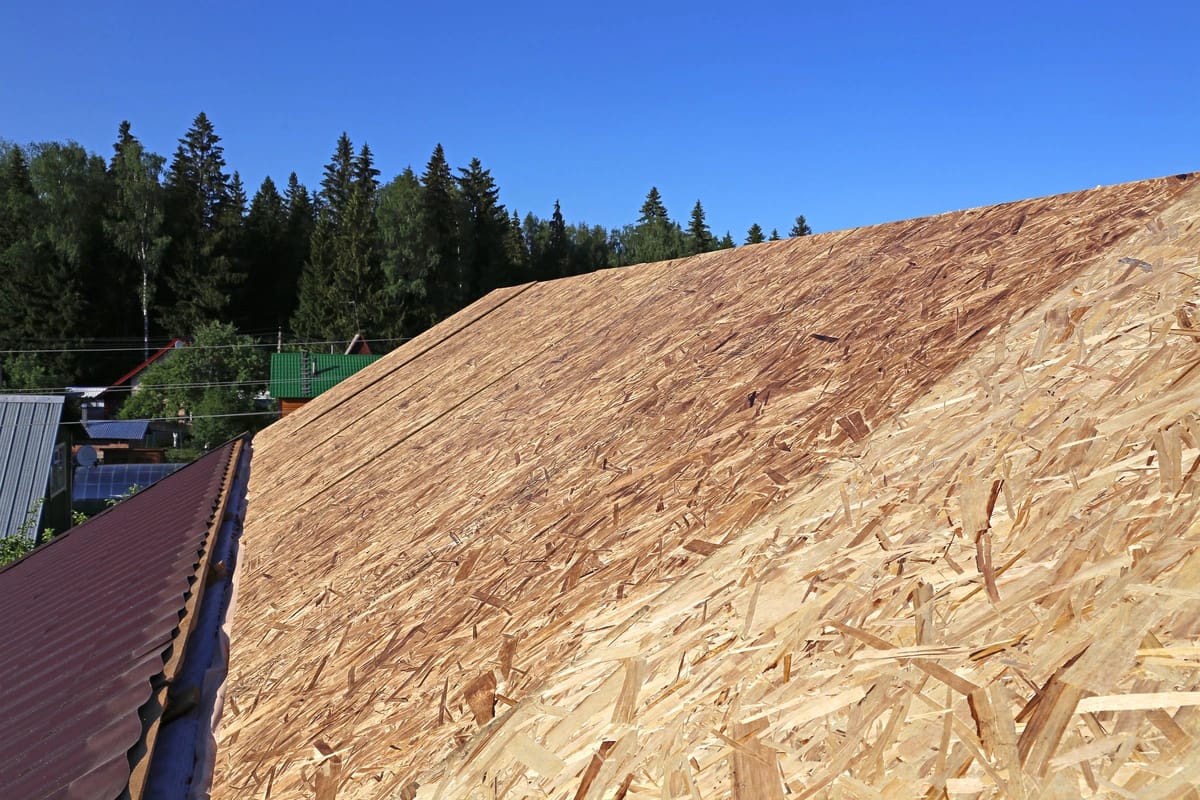


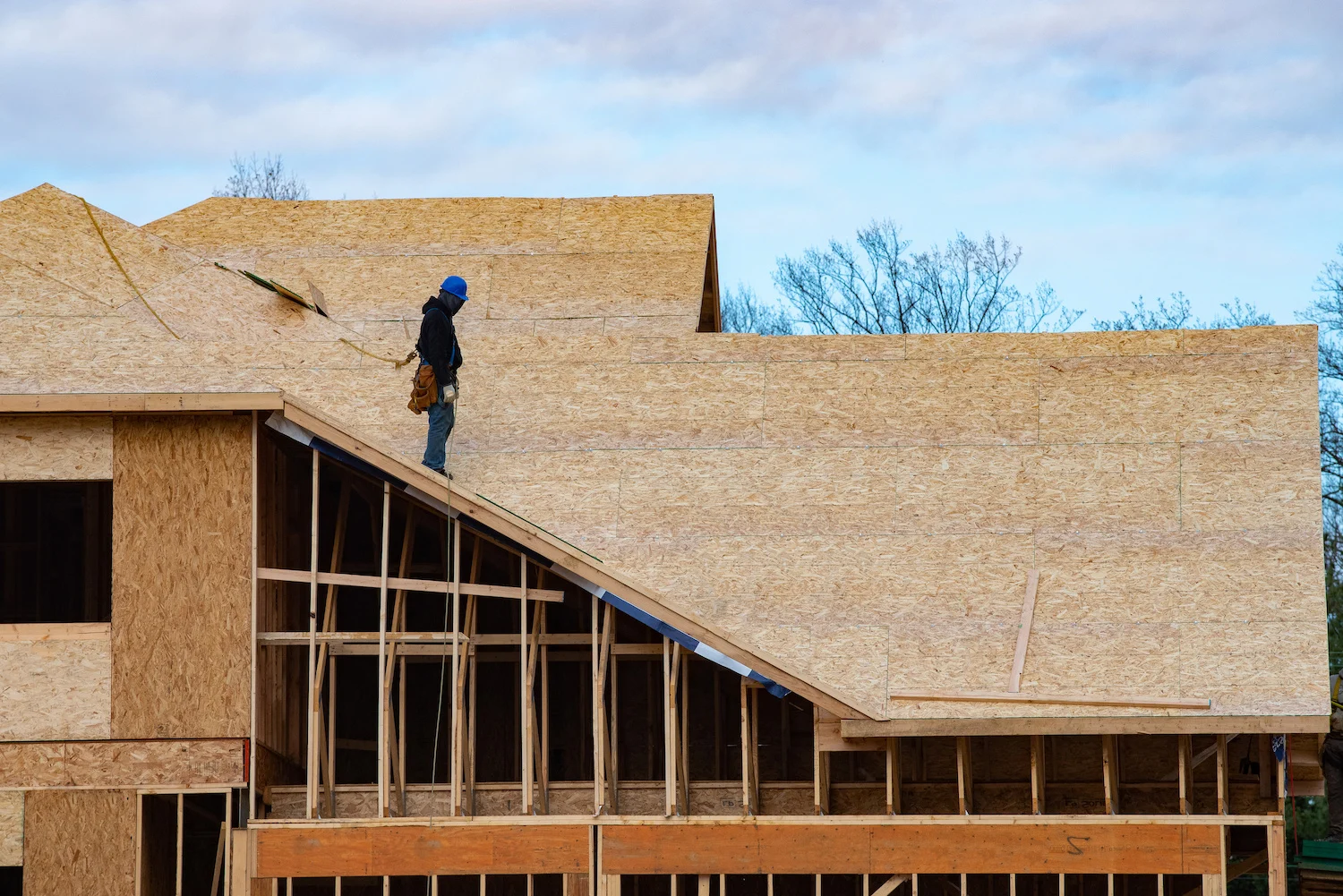
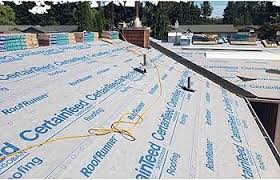


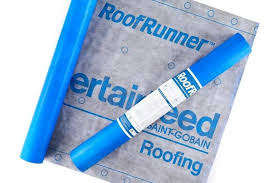











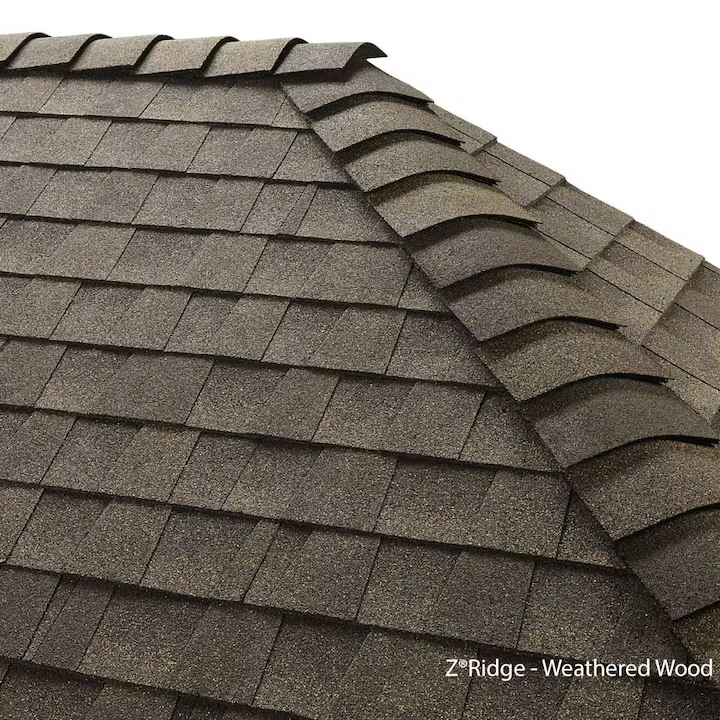
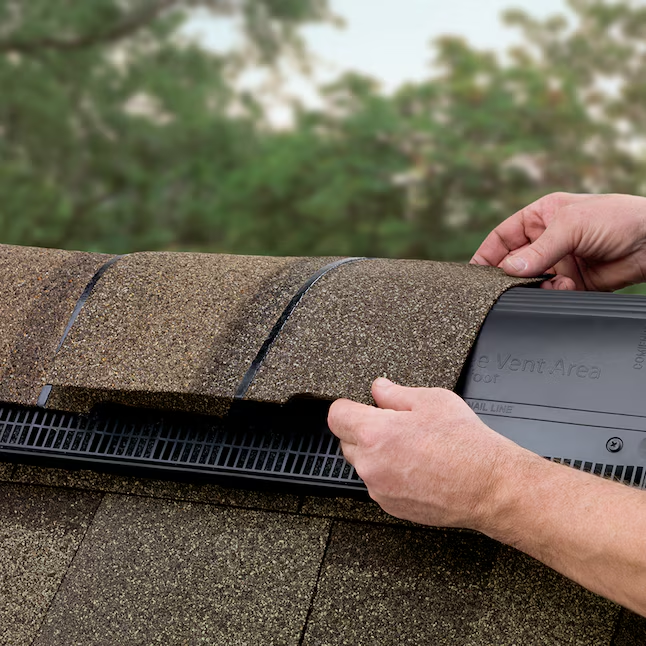






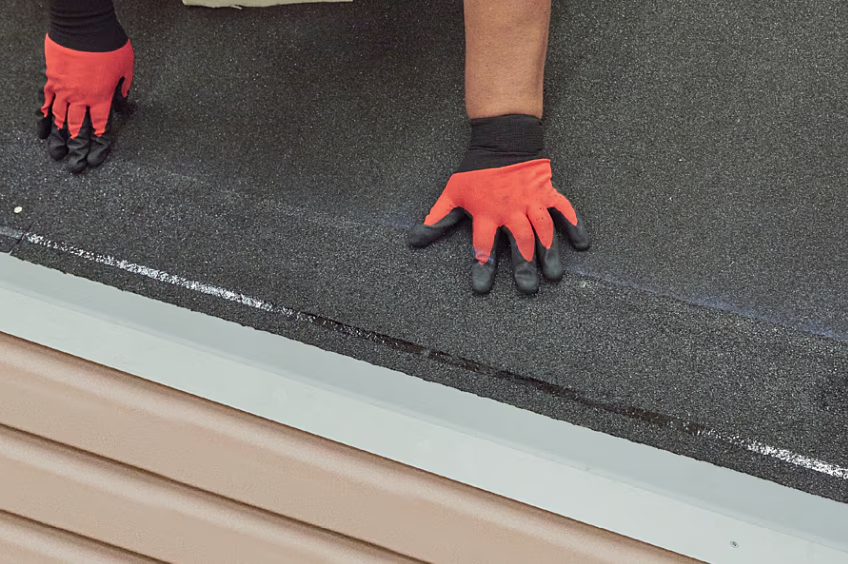




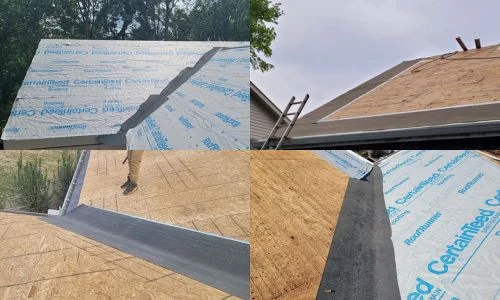









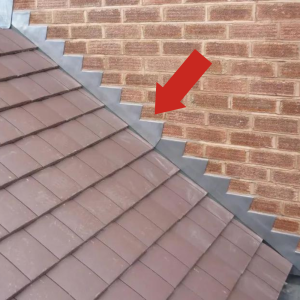

















Comments